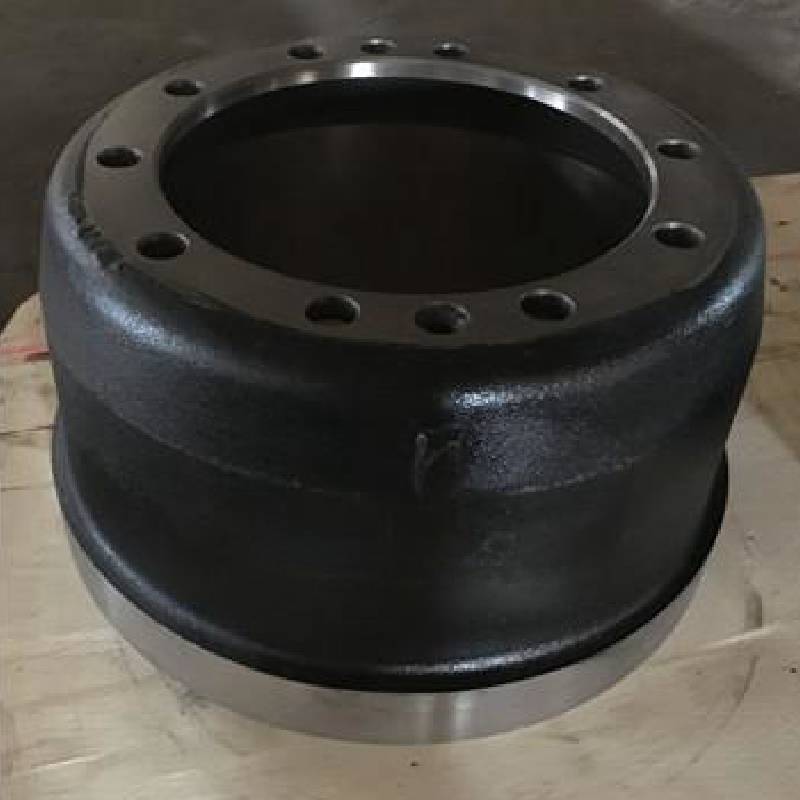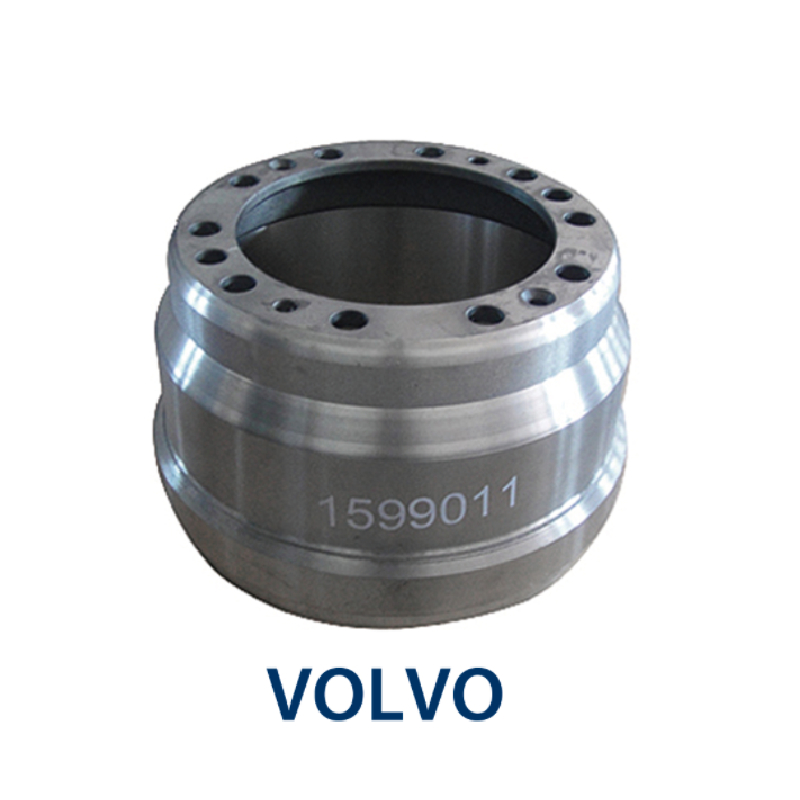2 月 . 13, 2025 18:06 Back to list
can brake drums cause vibration
Vibration issues in vehicles are often a cause of concern for drivers, leading to discomfort and potential safety hazards. The brake system, a critical component of a vehicle, can sometimes be a surprising source of these vibrations. Specifically, brake drums, a crucial part of the braking mechanism in many vehicles, can indeed contribute to this problem.
Additionally, improper installation or alignment of the brake drum can play a significant role. If brake drums are not mounted correctly or are misaligned, it can result in uneven contact with the brake shoes. This misalignment can cause the brake drum to oscillate or vibrate during braking. Precision during installation and regular professional checks are recommended to ensure alignment issues do not arise. To mitigate the risk of brake drum-induced vibrations, regular maintenance and inspection of the brake system are essential. Vehicle owners should adhere to recommended service intervals and watch for signs of unusual vibrations, noises, or changes in braking performance. Investing in high-quality brake components and consulting with knowledgeable professionals can enhance the lifespan and performance of the brake system. Professionals with extensive expertise in automotive brake systems underscore the significance of addressing vibration issues promptly. Ignoring vibrations can lead to more severe problems, like reduced braking efficiency and potentially dangerous driving conditions. Trusting the guidance of certified mechanics ensures the vehicle's brake system remains in optimal condition, offering peace of mind and safety on the road. In conclusion, while brake drums can indeed cause vibrations, understanding the root causes and employing effective maintenance strategies can significantly reduce the risk. Vehicle owners’ commitment to keeping their brake systems in peak condition through expert advice and routine inspections will lead to a more comfortable, safe, and smooth driving experience.


Additionally, improper installation or alignment of the brake drum can play a significant role. If brake drums are not mounted correctly or are misaligned, it can result in uneven contact with the brake shoes. This misalignment can cause the brake drum to oscillate or vibrate during braking. Precision during installation and regular professional checks are recommended to ensure alignment issues do not arise. To mitigate the risk of brake drum-induced vibrations, regular maintenance and inspection of the brake system are essential. Vehicle owners should adhere to recommended service intervals and watch for signs of unusual vibrations, noises, or changes in braking performance. Investing in high-quality brake components and consulting with knowledgeable professionals can enhance the lifespan and performance of the brake system. Professionals with extensive expertise in automotive brake systems underscore the significance of addressing vibration issues promptly. Ignoring vibrations can lead to more severe problems, like reduced braking efficiency and potentially dangerous driving conditions. Trusting the guidance of certified mechanics ensures the vehicle's brake system remains in optimal condition, offering peace of mind and safety on the road. In conclusion, while brake drums can indeed cause vibrations, understanding the root causes and employing effective maintenance strategies can significantly reduce the risk. Vehicle owners’ commitment to keeping their brake systems in peak condition through expert advice and routine inspections will lead to a more comfortable, safe, and smooth driving experience.
Next:
Latest news
-
Brake Drum for Kamaz Trucks Durable OEM Replacement & High Performance
NewsMay.30,2025
-
Brake Drum Man High-Quality Drum Brake & Shoe Solutions
NewsMay.30,2025
-
High-Performance Brake Drum for Kamaz Trucks Durable Drum Brake Components
NewsMay.29,2025
-
Brake Drum Man High-Quality Drum Brake Drums & Brake Shoes
NewsMay.29,2025
-
Brake Drum MAZ High-Performance & Durable Replacement Parts
NewsMay.29,2025
-
heavy truck brake drums
NewsMar.07,2025
